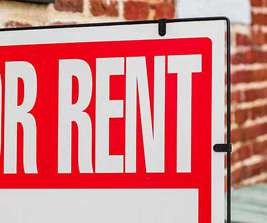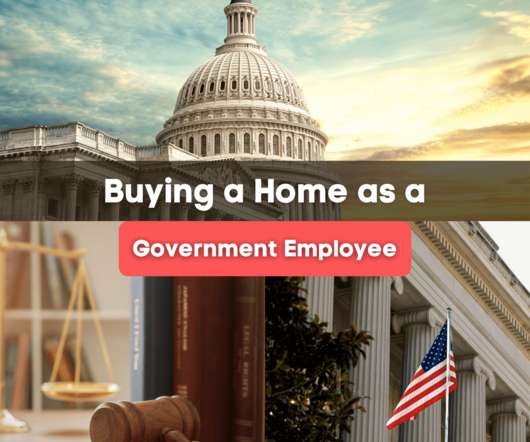The Pros and Cons of Buying a House
PennyMac
APRIL 18, 2022
The ability to decorate your walls, or paint them sky blue, and live with a pet without landlord approval makes buying a home attractive, as do the substantial financial benefits such as tax savings and equity building. Property taxes and HOA fees are the buyer’s responsibility. Rental insurance is inexpensive.












Let's personalize your content